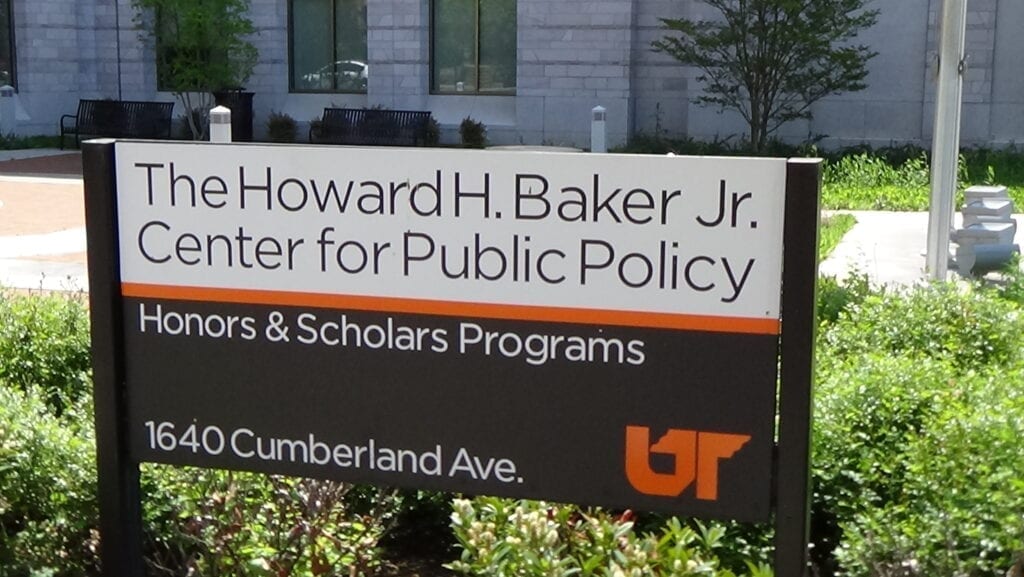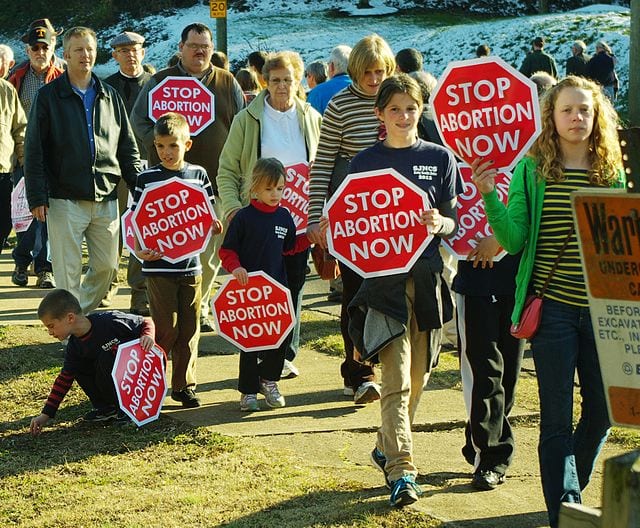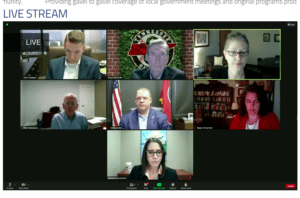UT Professor talks about potential Trump, Clinton Supreme Courts
Baker Center Lecture Explores Future of Supreme Court.

Professor Richard Pacelle, head of UT’s Political Science department, hosted “Forty More Years: The Making of the Clinton (Trump) Court” to explain to students and staff exactly what
Pacelle began the lecture by explaining why he chose the title as being “Forty More Years”; “When you put someone on the Supreme Court, they might be there for forty years.”
Pacelle argued that this election is pivotal in that it may change the makeup of the Supreme Court for many years to come.
Because the current Supreme Court is aging and that, by the presidential inauguration, the oldest members will include Ruth Bader Ginsburg at 83, Robert Kennedy at 80, Stephen Breyer at 78 and Clarence Thomas at 68 years old.
These Supreme Court justices will most likely retire in the coming years and will lead to several vacancies including the current one caused by the death of Antonin Scalia earlier in the year. This would allow for either a Trump or Clinton presidency to hold considerable sway over the liberal or conservative makeup of the Court.
“The next president will likely be transformational in regard to the Supreme Court,” Pacelle said. “A Clinton transformation will move the Court to the left and a Trump Court will move right and become more powerful.”
Pacelle also touched on the issues that are at stake with a Clinton or Trump Supreme Court; a Clinton Court would potentially repeal the Citizen’s United decision, focus on reproductive rights, and take stronger views on rights and liberties; whereas a Trump Court would be more favorable to expanding the Second Amendment compared to a Clinton Court.
Pacelle finished his talk by making a few predictions about possible retirements or vacancies in the Supreme Court.
“Ginsburg will probably retire in a year or two along with Breyer.” Pacelle said.
Matt Harnett, a sophomore political science major, said, “The talk reaffirmed my thoughts on the importance of the election on the Supreme Court.”
Edited by Ben Webb



